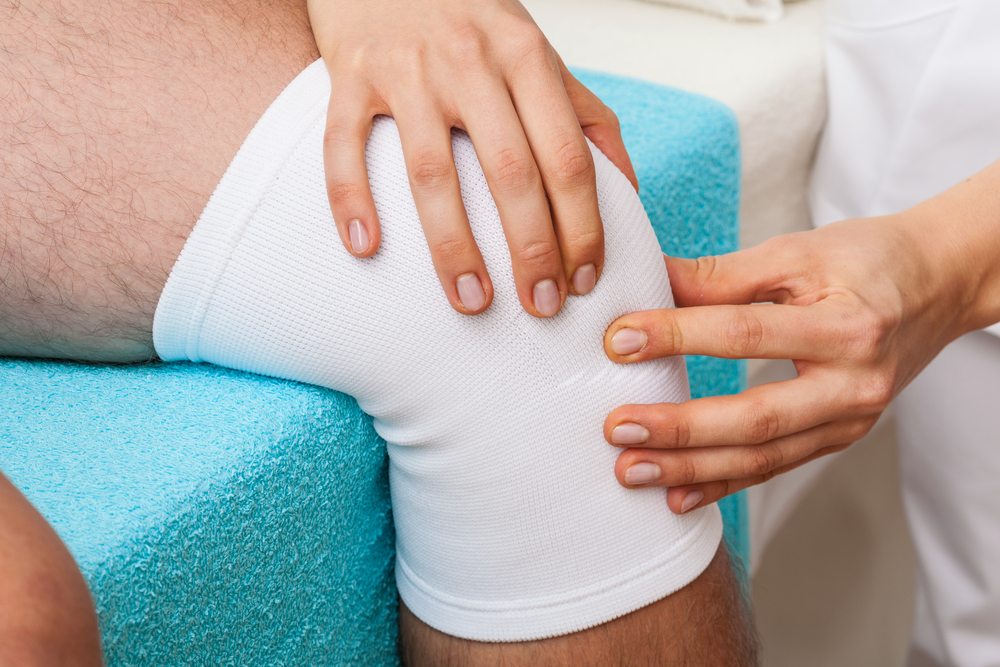
If you’ve gotten any of these injuries because of an accident, it’s worth hiring a personal injury lawyer. But first, it’s worth looking at how it can affect your sleep.
While recovering from a physical injury, you might find that you are sleeping for longer durations than you did before. Though most people average about eight hours of sleep per night, someone who has recently been injured may stay in bed for upward of 10 to 12 hours. The main reason for this is that the body requires extra slumber in order to aid the healing process. Since you consume the least amount of energy while asleep, your body is able to take advantage of this by using all available energy to help you recover from the injury.
Some people also express feeling more tired than normal in the weeks following an injury. While in recovery mode, inflammation in the afflicted area is common. This inflammation, in turn, causes a person to feel fatigued. It might be frustrating to stay in bed past your alarm, but take comfort in the fact that your body is encouraging longer durations of sleep so that you can heal in an efficient way.
You Are Struggling To Fall Asleep
Another problem you may experience while recovering is an inability to fall asleep at all. Most people grow accustomed to sleeping in a very specific position. However, you may find that your injury makes it impossible to get comfortable in your usual way. If you hurt your right shoulder and cannot lay on it without causing yourself pain, then you may toss and turn for hours in an attempt to find a position that works for you.
Post-injury insomnia is normal for many people. To encourage better rest, look into therapeutic options that can provide direct relief. Stemwave therapy could be a perfect fit, as the service stimulates the injured tissue in an attempt to encourage your body’s natural healing response. The faster the injury heals, the easier it will be for you to get back to your usual sleep routine.
You Are Waking in a Panic
Some people also experience disrupted sleep in the form of waking too early in the morning and being unable to fall back asleep. What’s more, those who wake like this often express feeling intensely anxious. Though it can be uncomfortable, it is far from unusual. The body tends to produce larger amounts of the stress hormone cortisol when a person is beginning to wake up. After a traumatic injury, the body may generate even higher levels of cortisol as a way of compensating for the sudden shock to your physical state.
If you’re wondering how to lower cortisol levels, there are several options to consider. One interesting solution is laughing. Many studies point out that laughter makes it easier to regulate stress levels and encourages an improved emotional disposition.
You Aren’t Feeling Rested
Finally, physical injuries may limit your ability to feel refreshed upon waking. Again, this is normal when a person is healing. Try to get as much sunlight as possible in the morning, as many experts believe this is a simple way a person can feel more alert and responsive when sleep is lacking.
Final Thoughts
There are many ways physical injuries can disrupt sleep schedules. Look for solutions that target the specific issue you’re dealing with and see how to get a better slumber.
In all articles written about health, you will never miss sleep as a key point, and this is because rest is essential to our health. You should maintain a regular sleep cycle of about eight hours. It is not healthy to sleep at 3 a.m. and wake up at 6 a.m.
Despite our busy schedule, it is of paramount importance to get enough sleep to enhance our physical health, and, getting enough sleep, helps us be more alert, and effective as people execute daily tasks.









